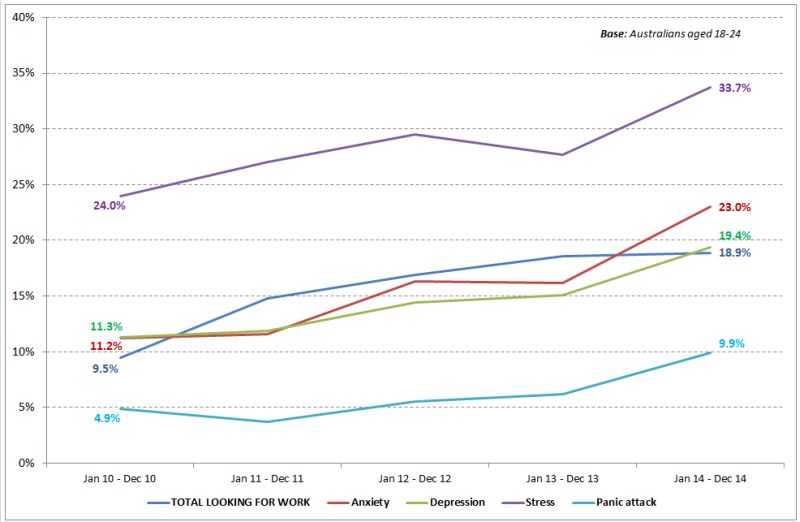
09 Apr What Kind of Effect Will AI Have on Our Teens?
With the roll-out of Artificial Intelligence (AI) into new aspects of living all the time, the way we think, work, rest and play is rapidly changing. And while many of us may think that it’s not really going to alter the way we live in our lifetime; this statement couldn’t be further from the truth. Businesses are implementing new kinds of AI technology every day, and many consumers are adopting them without even realising it.
The truth of the matter is that AI is coming hard and fast and we need to ensure that not only ourselves but more importantly, our children are ready for the changes that are on the horizon.
Of course, many of these will indeed be positive; there are so many benefits to AI that we’re only just beginning to experience. Things like traffic alerts based on current traffic conditions and previous data of that trip. Educational training systems that will teach our children based on their strengths and weaknesses from previous activities. Rapid medical testing and results. The list goes on.
The thing that concerns many of us is the future for our millennials in the workforce.
The future of employment
Common belief is that AI is set to wipe out the traditional workforce. However, what is more likely to change is the type of jobs our children will need to be equipped for. Lower-level jobs like customer service and labour that have been traditionally conducted by humans will be taken over by machines that are undoubtedly able to complete tasks with more speed and more accuracy. Entry-level jobs are the ones that are going to suffer. In saying that, it will also open the door to a range of senior positions that just aren’t around at the moment.
When we take a look at the following estimates from Will Robots Take My Job, it’s quite alarming to see the probability of each industry losing roles to automation in the very near future.
- Cashiers – 97%
- Waiters & Waitresses – 94%
- Production Workers – 66%
- Secretaries & Administration Assistants – 96%
- Bartenders – 77%
- Taxi Drivers & Chauffers – 89%
- Painting, Coating & Decorating – 92%
With the number of lower-level jobs decreasing, the competition for jobs among our kids’ generation is set to grow exponentially. Unless of course, we begin to nurture a generation of creative, adaptable and forward-thinking individuals.
The effect of AI on mental health
While there are endless arguments proposing that AI will be a revolutionary addition to the diagnosis and treatment of mental health conditions for our kids, we also have to look at this from the perspective of our kids as future workers.
Indeed, the technology will allow for early detection, increased accessibility to treatment and even a decrease in stigma surrounding mental health issues. However, we’re also likely to see a large portion of the population who are unable to rise to the challenges of a new work structure.
This could be due to learning difficulties, inaccessibility to quality education or other life factors that inhibit a person from acquiring the satisfactory qualifications for these types of roles. Whatever the reason, those who are left without a place in the workplace are at higher risk of developing mental illnesses such as depression and anxiety.
According to a Roy Morgan Research study conducted in 2015, a correlation has been found between youth unemployment and mental health issues.
Rising youth unemployment and its implications for mental health

Source: Roy Morgan Single Source (Australia), January 2010 –December 2014 (n=24,420).
Perhaps even more concerning is the imminent challenges young Australians will face in the wake of machine learning and automation. Way Ahead Mental Health Association in NSW have suggested that our kids are set to face the most significant disturbance to the workforce since the industrial revolution.
Further to this, the Foundation for Young Australian ‘The New Work Order’ report proposes that 70% of entry-level jobs are at risk of being taken over by AI and that 60% of young people are currently studying for employment that is likely to be impacted by automation.
How can we prepare our teens for the future?
There’s no denying that in the future, most (if not all) repetitive or task-based jobs will be automated. Therefore, we need to harness creativity and the ability to adapt to unpredictable situations in our children in order for them to thrive.
If we think about it, our kids have all the information they’ll ever need at their fingertips via their smart phones. With endless amounts of data available to them, it seems pointless to teach them in traditional ways. Throughout high school, we are better off teaching our teens to distinguish fact from fiction and reputable sources from questionable ones.
We also need to develop a culture of young people who are focused and driven, who push themselves to be more than just doers but to be deep and innovative thinkers. We need to harness creativity and the ability to solve problems through invention, more than that ability to calculate equations.
The jobs that will always require a human touch, the ones that are likely to remain, are the ones that involve creativity like designers or engineers and human interaction as seen in social workers and entertainers. If we keep these things in mind when educating our teenagers, we’re helping to give them the best chance of success into the future.
If your child struggles to get excited or motivated for the future, Veteran Mentors can help them to develop the foundational skills they’ll need to thrive as a leader at school, work and in life. Learn more about our Junior Leadership Program here or chat with us today to discuss potential outcomes for your child.


Sorry, the comment form is closed at this time.